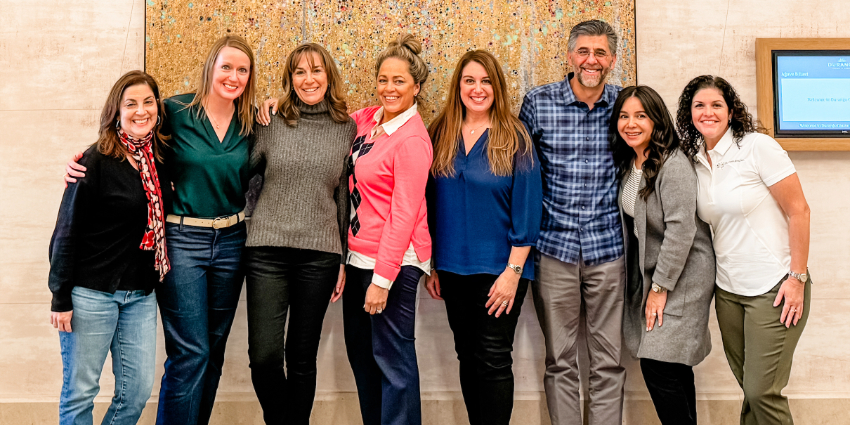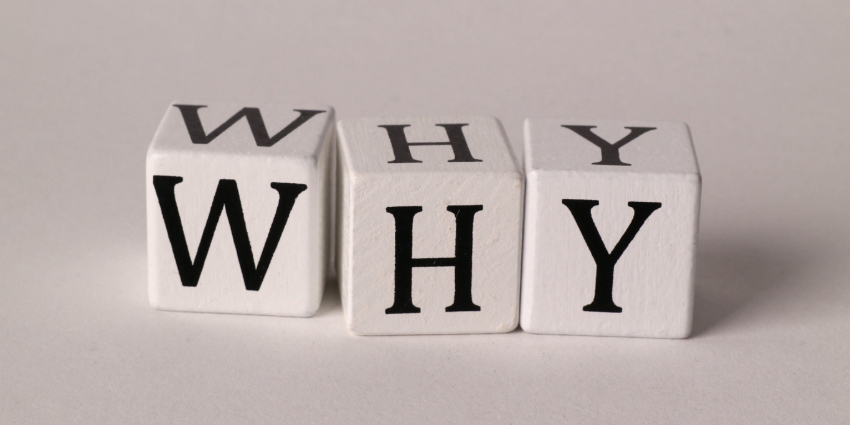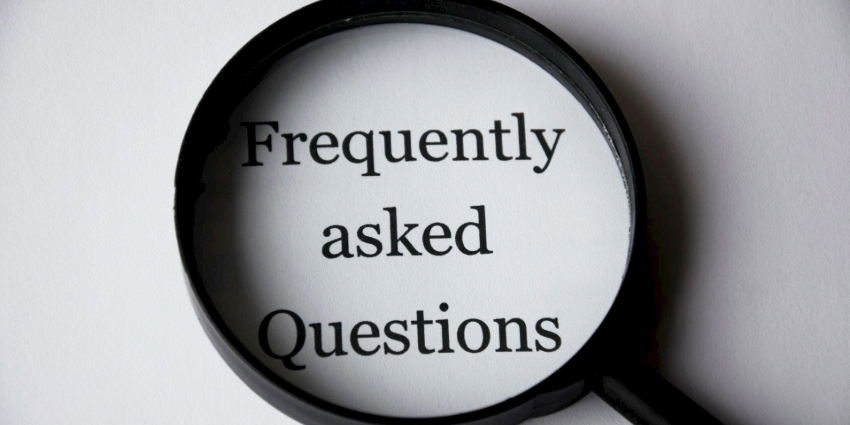Multitasking – The Silent Productivity Killer
A body of scientific evidence illustrates, fairly conclusively, that multitasking makes humans less productive and less creative.
Like Roberta Flack’s famous melancholy song (later sampled and rereleased by the prolific Fugees), Killing Me Softly with His Song might as well become a new workplace anthem for us: Killing Me Softly with Multitasking.
There are two realities we must accept in order to view multitasking as the productivity killer it truly is:
- Despite what we think, our brain is best designed to focus on one task at a time. When we switch between tasks, especially complex ones, we become startlingly less efficient. In a recent study, participants who completed tasks in parallel took up to 30 percent longer and made twice as many errors as those who completed the same tasks in sequence. TWICE AS MANY ERRORS.
- Multitasking prohibits creative thinking. Researchers at the Harvard Business School evaluated the daily work patterns of more than 9,000 individuals working on projects that required creativity and innovation. They found that the likelihood of creative thinking is higher when people focus on one activity for a significant part of the day and collaborate with just one other person. When people have highly fragmented days—with many activities, meetings, and discussions in groups—their creative thinking decreases significantly.
So what’s the hack? “Time Management” is not the fix; in fact, I purport there is no such thing as Time Management. We all have the same amount of time in the day; I can’t manage more of it than you.
There is, however, Self-Management and Systems.
I love how Gary Loveman, CEO of Harrah’s Entertainment, described the implication of focus and self-management: “You have to guard against the danger of overeating at an interesting intellectual buffet. I often need to cover a lot of functional terrain over the course of a day, but I’m careful not to be too light on deserving topics and to take the time to get to meaningful depth on the most important ones.”
It’s tempting to want to dine at the interesting intellectual buffet, especially if you are being invited, coerced, or feel obligated to attend, but self-management requires us to make the decision to shut down email, close web browsers, send calls to voicemail, decline the meeting invite, and let your team know you are in a focused working session. It’s not easy; managing oneself and others often is not. If it were, more people would do it – more effectively.
The second suggestion is systems. I’m stealing this hack directly from one of my senior executive coaching clients. Sometimes in session, we have those “DUH” moments – where two (relatively) intelligent people stare across the Zoomsphere and say “DUH, why don’t we just try that!?!?” and it happens to pay dividends. In this particular instance, we were discussing the need for strong filtering systems and of course giving up the fictitious illusion that leaders need (and can) be on top of everything, all the time.
The decision they committed to was an explicit refusal to respond to any email on which they were only cc’d, in order to filter out issues that others thought required no action from them. Then they educated those around them about the new system in place and expectations were level-set. Seems bananas to think a simple systems hack like that could increase productivity time. HUGE DIVIDENDS paid back in the day.
What type of self-management or system will you put in place to create some filtered, focused productive time for yourself.
If you choose not to consider a process to address this silent productivity killer, you might as well accept you’ll be killing yourself softly with multitasking. (Great song, but not the way I’d want to go out.)













